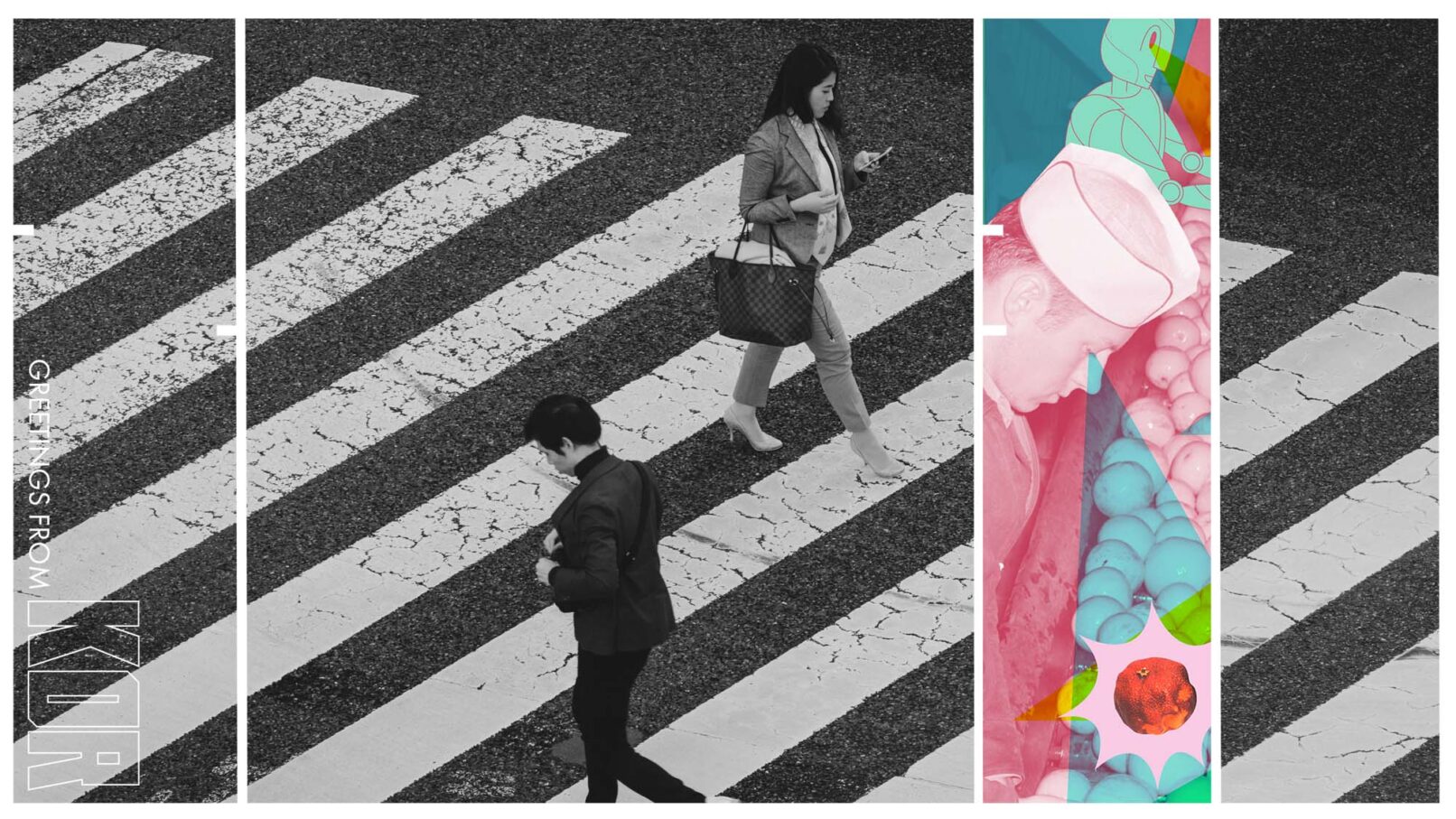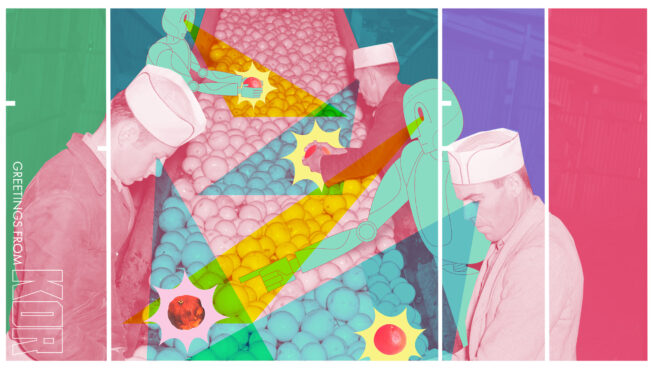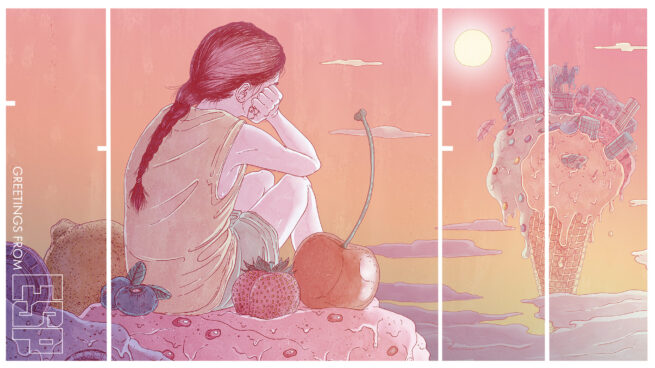Abadesi Osunsade knows a lot about work culture (see her bio below!). We thought she’d bring a very different perspective to Krys Lee’s story, about how the workplace might change with the increasing use of technology. We asked Abadesi to respond in a format we like a lot at Storythings: ‘Five Things I’ve Learned’. This format helps the reader focus on a set number of takeaways from a story in a succinct manner. Every person who writes this format comes at it from a different angle (we should know!), and we like how Abadesi has picked out specific lines from the story to respond to.
If you like Krys’ story and Abadesi’s response, read about how work and pay are being affected in the pandemic era in Rethink Quarterly, our publication for ADP. We think this piece about the undervaluing of womens’ role in the economy is relevant to what Abadesi says. If you have thoughts about the future of work you’d like to explore through storytelling, we’d be happy to help – email us to say hi!



